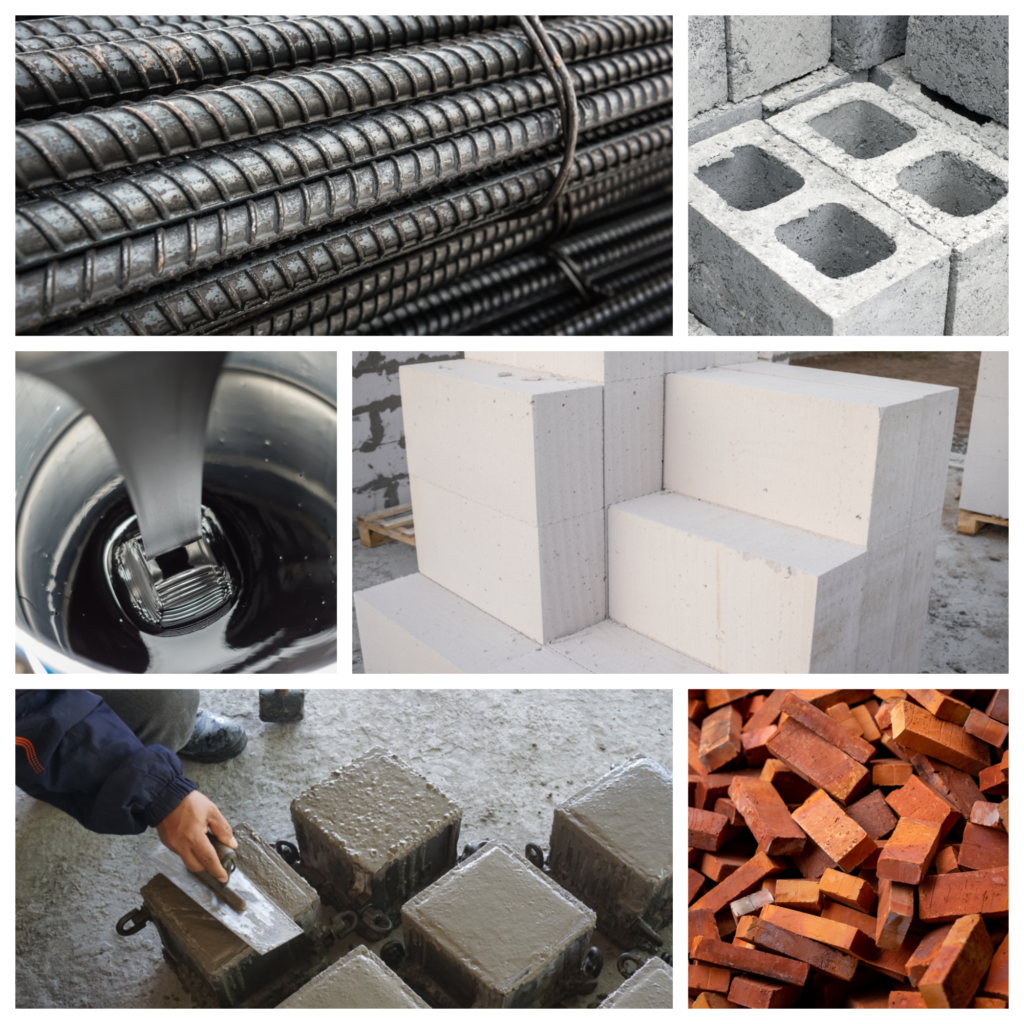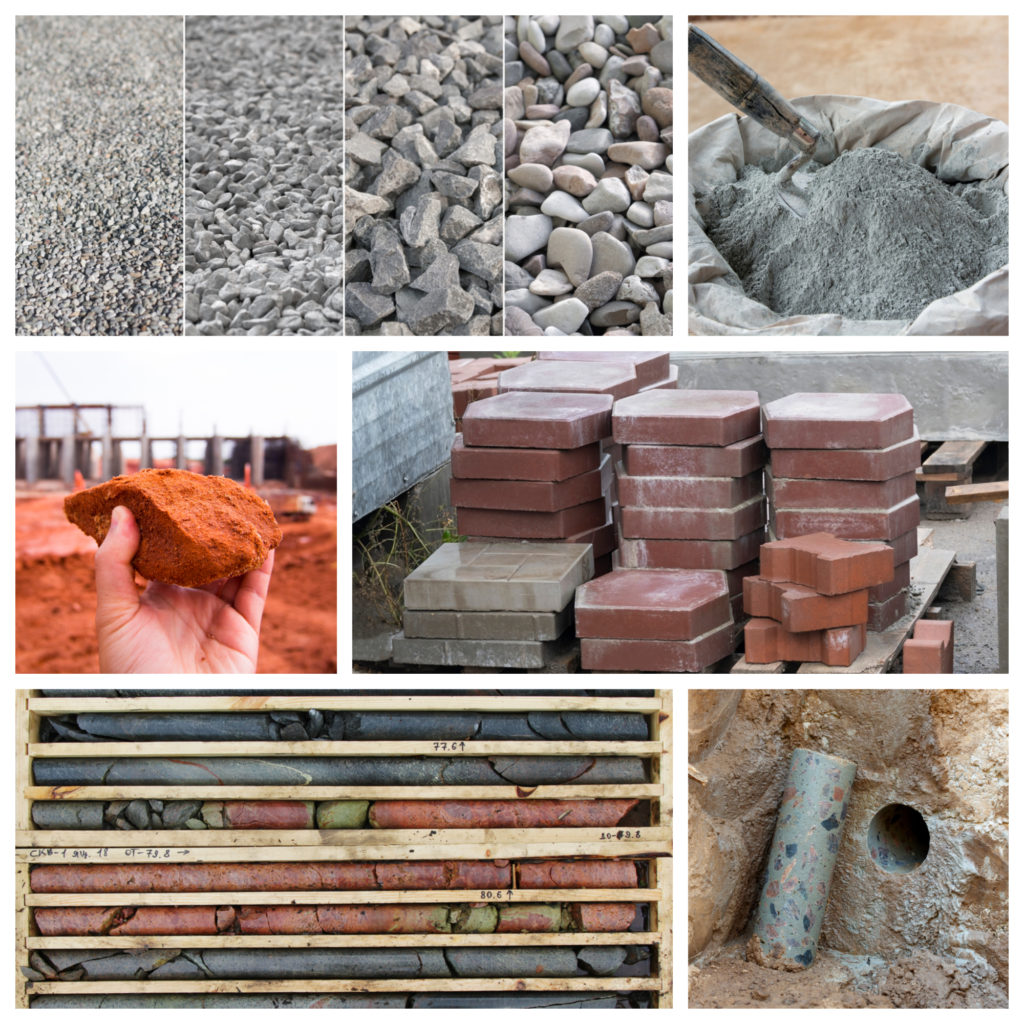Material Testing
Brief Reference About Material Testing
Material testing is very much essential to design safe and reliable structures that can withstand the expected loads and environmental conditions.
Material testing is an essential part of civil engineering and is crucial for ensuring the safety and reliability of structures. Material testing involves examining and analyzing the physical and chemical properties of materials used in construction, such as concrete, steel, asphalt, soil, and rock. The main objective of material testing is to determine the quality and strength of the materials to ensure that they meet the required standards and specifications.


Why is Material Testing Required?
Material testing is required for a number of reasons.
- To ensure the safety and stability of structures
- To identify any weaknesses or defects in the materials
- To ensure that the materials meet the required standards and specifications
- To optimize the performance of the materials.
- To improve the durability, and safety
- To reduce the maintenance costs
As a material testing expert in geotechnical engineering, my role involves evaluating the physical properties and behavior of various materials used in construction and infrastructure projects. Geotechnical engineering focuses on the behavior of earth materials, such as soils, rocks, and their interaction with man-made structures. Material testing plays a critical role in ensuring the safety, stability, and durability of these structures.
Water
Building material
Tiles
Paver blocks
Bricks (Clay and flyash)
AAC Blocks
Concrete blocks and Cubes
Bitumen
Asphalt
Plywood
Soil
Cement
Sand
Rock
Concrete core
Steel bars
Cellular concrete blocks
Aggregate (Coarse and fine, 20 mm, 10 mm, Crushed sand, Washed sand)
Plaster of paris
Mortar and Gypsum
Geosynthetics


Why Choose US
Our team of skilled and knowledgeable engineers possesses the technical proficiency to deliver inventive and practical solutions for intricate geotechnical challenges. Additionally, we utilize state-of-the-art tools, technologies, and equipment for site inspections, laboratory testing, and analysis.
We prioritize our client’s needs and requirements, including their project objectives, timelines, and budgetary constraints. We maintain effective communication throughout the project to ensure timely and satisfactory results.
Our quality assurance and control procedures are rigorous, ensuring that all deliverables meet industry standards and client expectations. We follow standardized procedures, maintain accurate documentation, and conduct a thorough review process.
We cultivate a safety culture that prioritizes the health and safety of our employees, contractors, and the public. We provide regular safety training, conduct risk assessments, and implement safety protocols on-site.
We are committed to sustainability and incorporate environmentally friendly practices into our operations and projects. We minimize environmental impacts, reduce waste and carbon emissions, and promote social responsibility.

